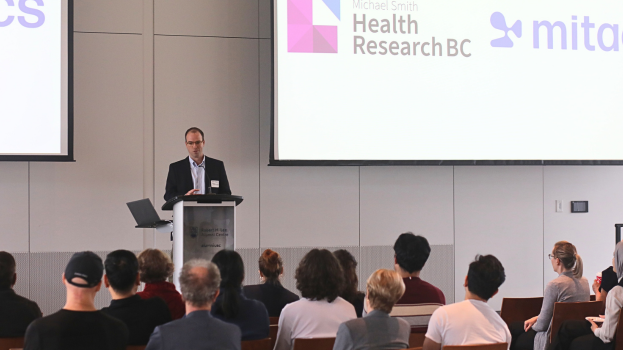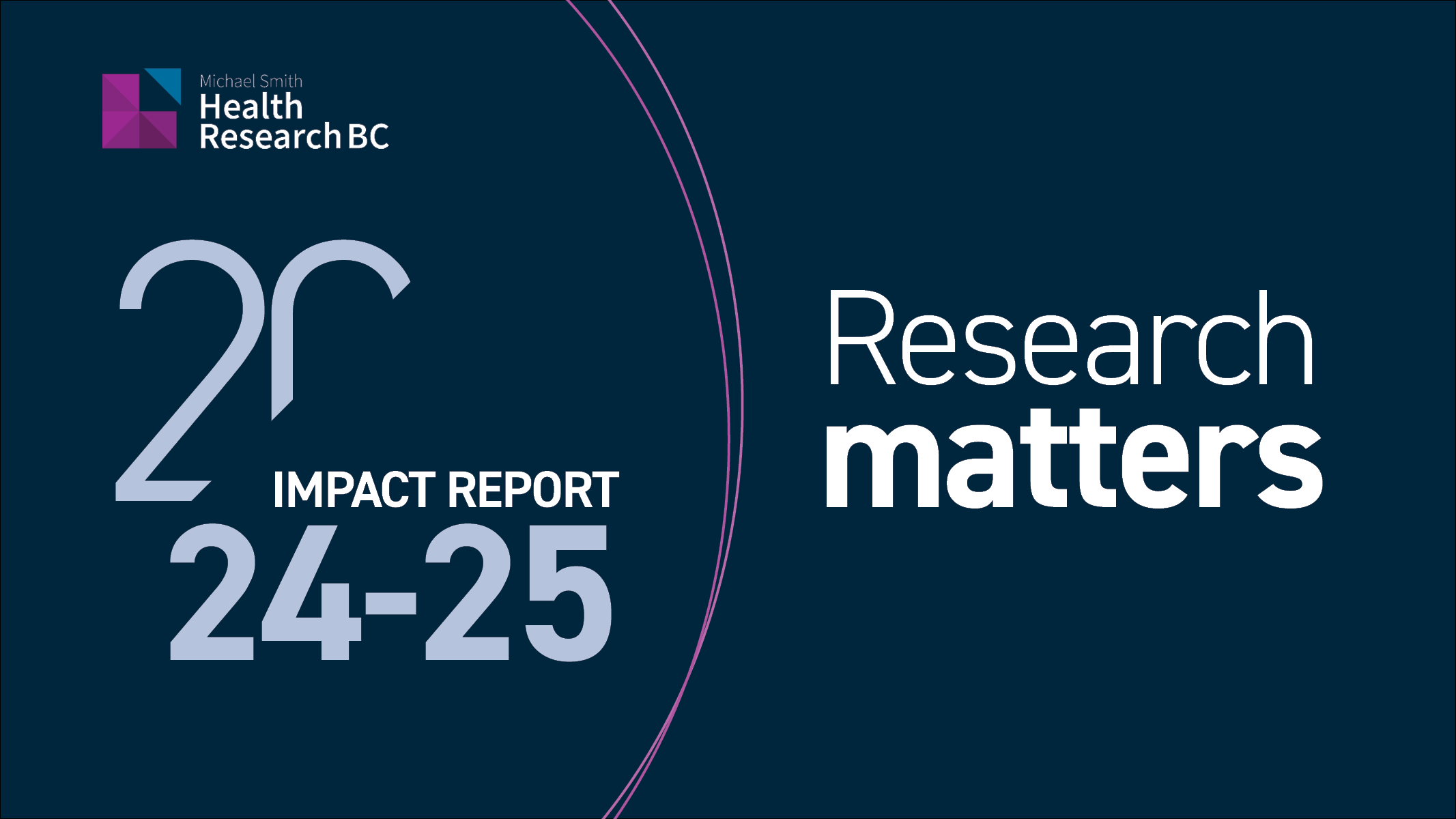New tools help teams share research evidence with communities
9 May 2024

Two new guidance tools help teams share research evidence.
Researchers need guidance on meaningful ways to share research findings with communities. That’s why the BC SUPPORT Unit is launching two new tools. ‘Guidance for research ethics considerations in patient- and community-oriented knowledge dissemination’ is available for researchers and research ethics boards.
“Research ethics boards play a powerful and necessary role in shaping research early in the process,” says Monica Mamut, director, BC SUPPORT Unit. “This tool helps ethics boards provide clear advice for sharing patient-oriented research in a meaningful way.”
The tools identify existing policies for sharing research findings and offer key questions. They build on Canada’s Tri-Council Policy Statement for ethical research with humans. The tools also include case studies, guiding questions, and resources. One tool helps research ethics boards review knowledge dissemination plans. The other tool guides researchers’ plans for sharing results.
“Ethics and equity are at the heart of research that engages people with lived experience,” says Brittney Schichter, lead, advance care planning at Provincial Health Services Authority, formerly with the BC SUPPORT Unit. “These tools will help build trust and transparency between researchers and communities.”
Already, the tools have shaped questions on knowledge dissemination in a platform that manages research ethics applications – the Research and Information Systems (RISe). RISe includes a provincial ethics component used by 26 research ethics boards across the province for harmonized reviews. Next steps are to integrate the tools into research guidance documents provincially and beyond.
“We are pleased to host this tool on our website and promote it within the community of research ethics professionals in British Columbia,” says Hanna Jones-Eriksson, manager, Research Ethics BC.
These guidance tools were designed with patient-oriented and community-based projects in mind, but could apply to diverse projects, including clinical trials.
The BC SUPPORT Unit Fraser Centre developed the tool, led by Brittney Schichter and Alia Januwalla. The BC SUPPORT Unit is part of Health Research BC. The BC SUPPORT Unit is founded under Canada’s Strategy for Patient-Oriented Research (SPOR), led by the Canadian Institutes of Health Research (CIHR).
Support for the project was provided by Kristie Nicol, a patient partner, and team members at the University of British Columbia and Fraser Health Department of Evaluation and Research Services.
Download the tool for research ethics boards
Download the tool for researchers





